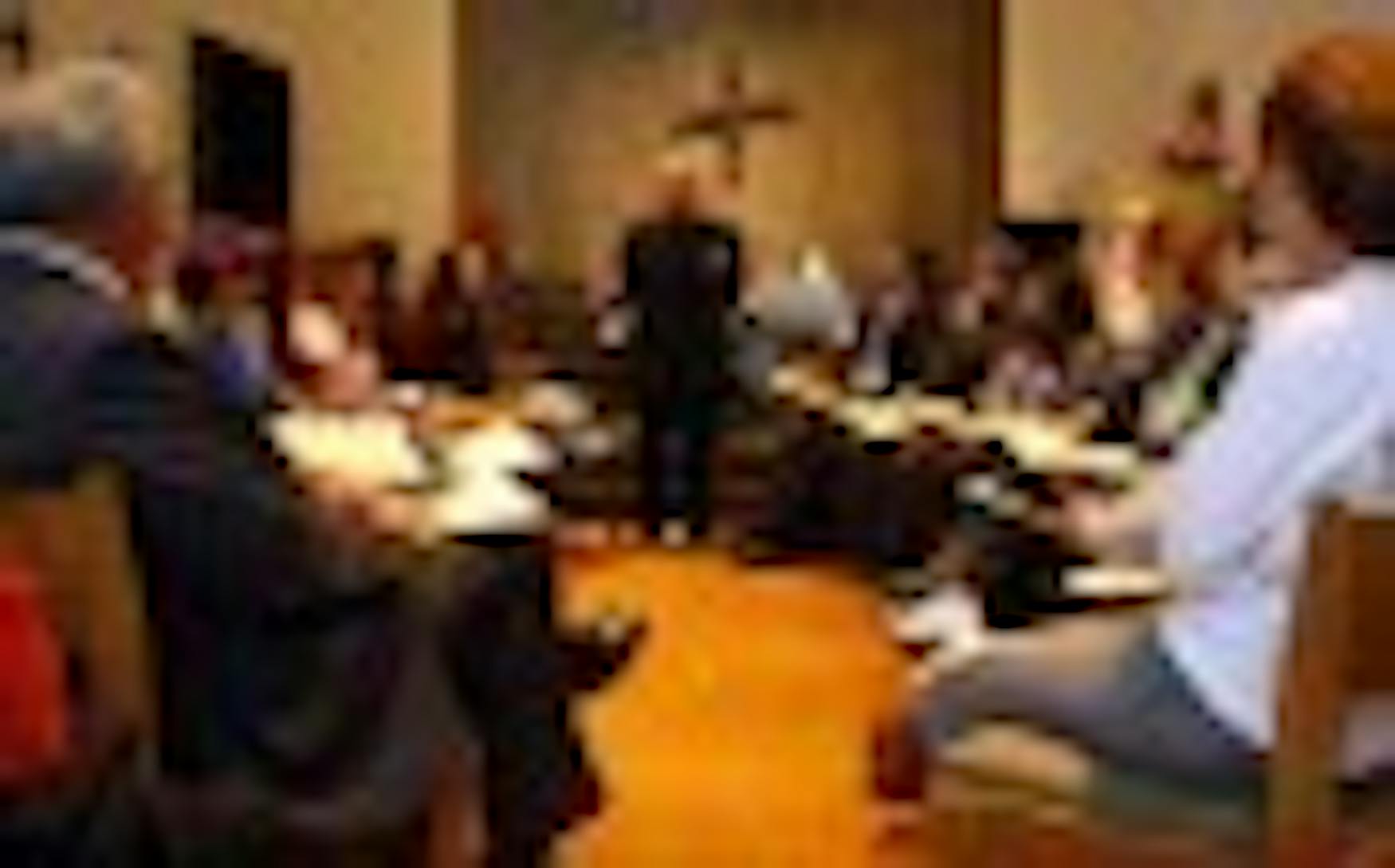Campus worship spaces rededicated
Correction appendedOn Monday, Sept. 13, Catholic Chaplain and Coordinator of the Interfaith Chaplaincy Rev. Walter Cuenin, Jewish Cchaplain Rabbi Elyse Winick, Muslim Chaplain Dr. Imam Talal Eid and Protestant Chaplain Alexander Kern held a rededication ceremony for the three chapels and Muslim prayer space.
The ceremony, which celebrated the renovations in the different places of worship and religious pluralism at Brandeis, started in the Muslim Prayer Space and then moved to the Harlan, Bethlehem and Berlin Chapels.
Renovations on the Protestant Harlan and Catholic Bethlehem chapels started last October while renovations on the Muslim Prayer Space and Jewish Berlin Chapel started after Fall 2009 semester. All four prayer spaces were reopened last January.
Eid expressed his gratitude for the renovated prayer space, which is the largest Muslim worship place for any university in the area, according to Eid.
"I can speak long about the greatness of Brandeis, where we can all come together under one roof," said Eid.
The ceremony continued in Harlan Chapel, where Kern spoke about the Supreme Court Justice John Marshall Harlan, for whom the chapel was named. He said that Harlan, who was the sole dissenter in the famous Plessy v. Ferguson trial, is a hero in the Protestant community, much like Justice Louis Brandeis is a hero in the Jewish community.
Next, Cuenin spoke in the Bethlehem Chapel about the religious symbols in the chapel. He said that the crucifix hanging in the chapel has one arm raised up as a sign of welcome. According to a program handed out by Cuenin, "The figure of Jesus is not a suffering image but one with his hands outstretched embracing all people."
In the Berlin Chapel, Winick talked about the significance of the campus spaces of worship and said, "All of these chapels have an incredible amount of emotional and spiritual resonance for everyone who has passed through the University."
She also spoke about the lack of a Muslim chapel on campus. She said that she believes this absence is due to the small number of Muslim students at the time of the University's founding. However, she said she feels "quite a strong sense of confidence in my heart that had there been a population at the University's founding, there would have been a chapel. The University sought not to discriminate but to involve everyone."
Manginah, the co-ed Jewish a cappella group, performed two songs after Winick spoke.
The ceremony concluded with Winick affixing a new mezuzah to Berlin Chapel.
Sara Miller '11 thought that the ceremony was a great display of religious pluralism on campus.
"I think it's a really cool opportunity; not only for people on campus to see the different worship spaces and experience them in a comfortable way but a great way to show that spiritual life at Brandeis doesn't just mean one thing," Miller said.
Ethan Goldberg '12 also agreed that the ceremony displayed the strength of the religious spirit on campus.
"I think the Brandeis religious community is at its best. [The event had] a lot of ... focus on justice. It really showed the best of what the Brandeis community has to offer," said Goldberg.
Correction: The article originally misstated the given name of a student. The student is Sara Miller, not Sam Miller.




Please note All comments are eligible for publication in The Justice.